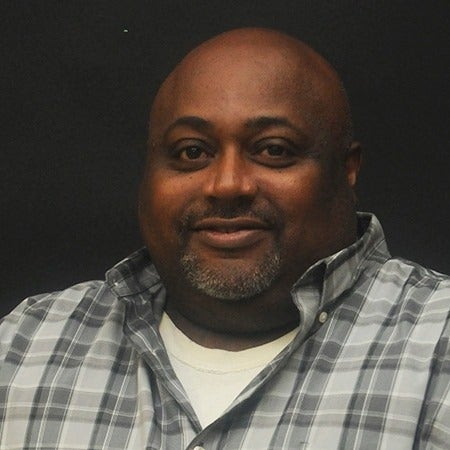Their service was valuable, honorable
Published 9:32 pm Saturday, November 10, 2012
If you had picked up a copy of The Selma Times-Journal on Tuesday, April 03, 1945, you would have been greeted by the following headline: “Patton Two Thirds Across Waist of Germany and British Army Drives Close to North Seas.”
In the middle of the page at the fold was another stark headline: “Two Selmians Die In Action, Third Missing.”
The devastating news was of the deaths of Daniel C. Smoke, Jr., United States Army Air Corps and Frank Hoyt Smith, United States Navy. The third man mentioned as missing was Harry H. Mitchell, United States Army. The small glimmer of hope that somehow Mitchell would turn up safe was vanquished by later news that in fact he was killed in action.
Unfortunately, headlines like this played out all across the nation during World War II. It was a devastating war with casualties not seen the likes of since the Civil War.
One of the most bitter pills to swallow in war is deaths by friendly fire and by accidents as a result of the very nature of war. The object of armed conflict is to kill the enemy, not ourselves, but inevitably in doing so bad, unintended things happen.
It is no less tragic and perhaps even more so, and always begs to question how something like that could happen. However, it does happen and more often than we care to admit or even think about.
Smoke was a very personable young man and a life-long member of First Christian Church with his whole life ahead of him. Needless to say, World War II got in the way. According to Jack Smoke, first cousin and fellow classmate, Daniel was known as “D.C.” by the Class of 1941 at Albert G. Parrish High School.
After graduating high school, Smoke enrolled at Alabama Polytechnic Institute, Auburn, where he attended until enlisting in the Army Air Corps at Miami Beach, Fla. on Feb.19, 1943.
After extensive training, Smoke was commissioned a second lieutenant in Valdosta, Ga., May 23, 1944. Later in the year, around November 1944, he married Nancy Louise Lewis of Citronelle. They had only been married a short time until Smoke was assigned to the 487th Bomb Group (H) Station 137 – Lavenham, Suffolk, UK. He assumed the assignment as the pilot of a B-17G bomber with a crew of eight men.
Smoke had only been in the theater a short time, but had completed one, if not more, combat missions prior to the fatal collision.
On May 19, 1945, during formation assembly for a combat mission, Smoke’s plane B17G 43-38038 collided with another plane B17G 43-37969 “Beverly Jean” in the formation clipping off about six feet of the “Beverly Jean‘s” wing.
Smoke’s plane crashed near Couvron, France killing all nine on board. The “Beverly Jean” managed to maneuver long enough to allow everyone to bail out safely.
It is my understanding these formation assemblies are very complex maneuvers in addition to there being possibly hundreds of planes over the aerodrome forming with very little air space between planes and very little margin for error. Most likely the cause of the collision according to the official Aircraft Accident and Incident Report was prop wash, continental assembly under adverse conditions where several groups were assembling in a small area.
Smoke’s remains were returned to the United States and interred at New Live Oak Cemetery. They are located in Division 14, Lot 403 West-Half, Space 4. It is marked with a bright new American flag for Veterans Day.
The other two servicemen from Selma announced in the paper on April 3,1945, are certainly a part of this tribute.
Smith was another tragic loss of a promising young Selmian. According to the Tablets of the Missing at Honolulu Memorial, Honolulu, Hawaii , Seaman First Class Smith died March 20, 1945. He was awarded the Purple Heart and buried at sea.
Private First Class Harry H. Mitchell turned out to be another beloved Selmian casualty. According to testimony of some classmates, he was killed by a sniper during the Battle of the Bulge. He served with a unit of Patton’s Army with twin brother Letcher.
They were both Parrish High Class of 1944, turned 18 before graduation, and made it overseas before the end of the war. Twin brother Letcher returned from the war, studied at Emory University and became a Methodist minister.
It is unknown at this writing where the remains of Mitchell were interred.
We are constantly reminded of the price that must be paid for freedom. The price is measured in human life. The single most tragic element of war is the loss of life whether it is combat deaths, war-related accidental deaths or collateral damage to civilian populations. All deaths are tragic and should be reverenced by those of us who remain. Thank God for men and women willing to sacrifice, even with their life, for the freedoms we enjoy.



